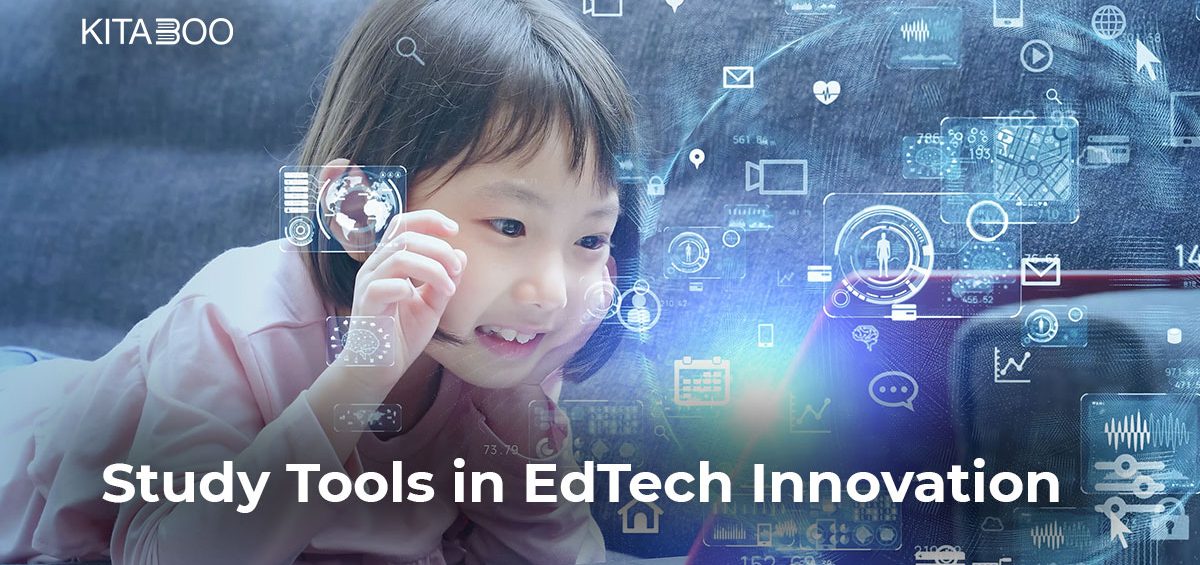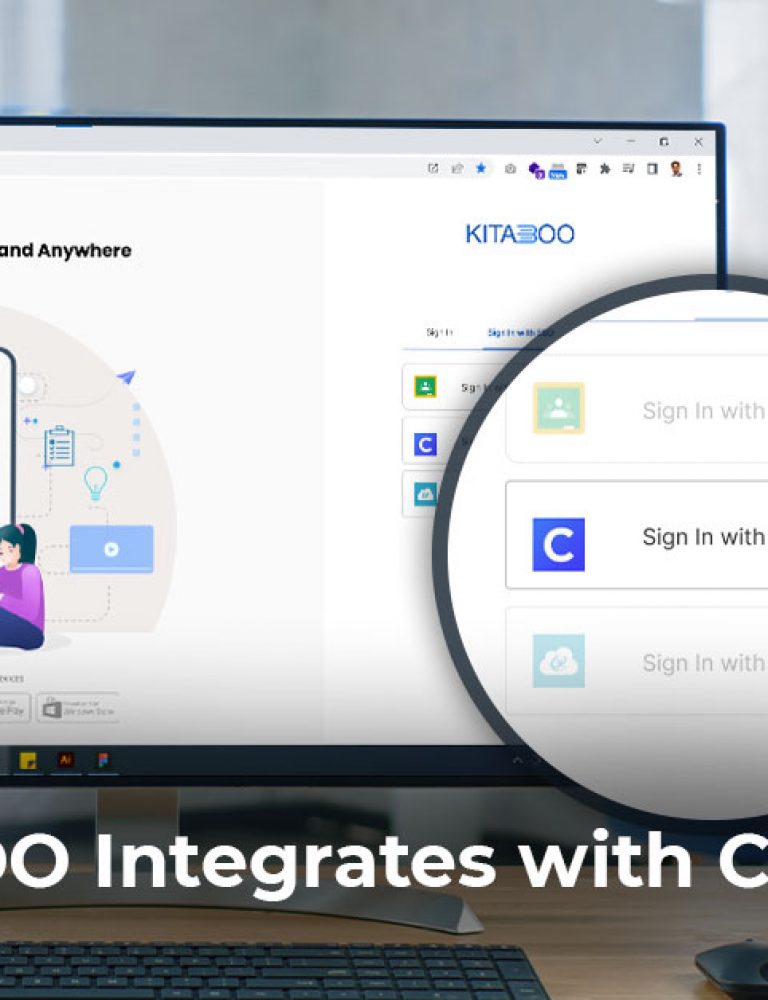We live in a world where there is no shortage of technology and that also holds true for classroom technology. However, in the long run, only those study tools with innovative features and capabilities that reduce cognitive overload and facilitate personalized learning will survive the test of time. Specifically, EdTech tools facilitate teaching for the teachers and make learning more engaging and immersive for the students. As education shifts online, the study tools are gaining ground, making learning exciting, while also preparing students for the tech-savvy workplace of tomorrow.
Here, in this article, we look at some of the latest study tools in EdTech innovation.
Videos: More and more people today are consuming content on the video. In traditional classrooms, the students listen to the instructor or read their textbooks. However, in a video, they can see the subject in action – so you may be teaching about the eruption of a volcano – you can create a video, or even source a free one online, showing how the lava is formed, how the volcano bursts and how the lava then flows down dramatically altering the landscape. The visual representation, aided by the audio describing the process as it unfolds sets the context and immerses the learners in the lesson. As a result, students can understand and retain the knowledge for the long term.
Videos also support hybrid, blended, and flipped classrooms, allowing teachers to integrate them into the lessons in both offline and online classrooms. The students can also watch the video both in class and at home. Content delivery platforms and learning management systems (LMSs) provide tools to record, edit, and share video assignments with the students.
Interactive videos: Taking the concept further, interactive videos allow teachers and students to interact with the content. So, the lesson is designed in a way that students watch a video and then are given multiple choices on a question based on the lesson. They have to then make a choice, which if it is correct, takes them to the next part of the lesson. In case it is incorrect, they have to revisit the concept and gain a correct understanding.
Audio tools: The audio format is also emerging as a popular and easy-to-use study tool. Differently-abled students with reading disabilities find it difficult to read text. Course content in the audio format comes in the aid of all such learners. Further, learners can also listen to the audio content while literally on the move, for instance, while driving or riding to and from home to the institution. You simply have to play the audio file on your smartphone and listen to it via Bluetooth.
Gamification: Some innovative study tools also allow you to create and deliver gamified content. The content is designed in the form of a game, complete with levels and branching scenarios. The students have to successfully complete each level to proceed to the next one. Each level consists of branching scenarios – the students, based on their understanding, choose their paths and if it is an incorrect one, they understand their mistakes and then course correct to the right path. The learners are thus active participants of the learning process, learning by doing and accumulating a wealth of knowledge in the process. Gamification is a great study tool to personalize learning, making it more immersive and exciting.
AI-driven study tools: Industry 4.0 has also led to innovations in EdTech tools. Technologies such as Artificial Intelligence, machine learning, and Big Data are extensively being used to enhance and personalize the learning experience. Here are some examples of the use of Industry 4.0 technology in education.
Collating information: There are several resources that teachers use to collect information to teach a particular topic. However, collating all this information is a time-consuming task. An AI-driven study tool can automate this process. To illustrate this with an example, there are several eBooks in your content delivery platform on a particular subject from which you wish to collate the information. Instead of doing it manually by copying and pasting, you just need to enter the page numbers of each of the books and the study tool will collect the information in a suitable format. You can use this document to support your classroom teaching and even share it with students so they can refer to it at home also.
Automate assessments: Teachers no longer have to spend time creating and marking assessments. These AI-driven study tools automate the process. So for each lesson, based on learning goals, these study tools will automatically create the questions with multiple choices and then grade them also. In case, a student provides an incorrect response, the study tool would provide recommend additional reading material for students to gain more information about the subject and correct their mistakes. Freed from the mundane tasks, teachers can focus more on teaching and interacting with the students.
Automate note-making and summarizing: The AI-driven tools can also summarize the main points of the lesson and create notes that the learners can refer to in order to reinforce their concepts.
Conclusion
With evolving technologies, study tools are also becoming more exciting helping to personalize learning experiences, making them more contextual, immersive, relevant, and exciting. If you are looking for a study tool offering the latest in EdTech innovation, you may wish to consider KITABOO, a digital publishing platform with exciting features and capabilities to support learning. KITABOO is powered by emerging technologies such as AI and machine learning to provide intelligent recommendations, personalize learning, and automate the manual tasks associated with teaching and learning, thereby allowing both teachers and students to focus on making the learning process a more constructive one. KITABOO also offers a host of annotation tools allowing both teachers and students to highlight text, make notes, add comments, and share between themselves. Besides, you can make interactive videos, curate and index content, and use the search feature to find information from internal and external resources. With KITABOO, you can also convert eBooks into audio files to provide a more inclusive learning experience and facilitate learning on the move. To know more, please write to us at KITABOO@hurix.com
Discover How An Ebook Conversion, Publishing & Distribution Platform Can Help You
Kitaboo is a cloud-based content platform to create-publish & securely distribute interactive mobile-ready ebooks.
You May Also Like








